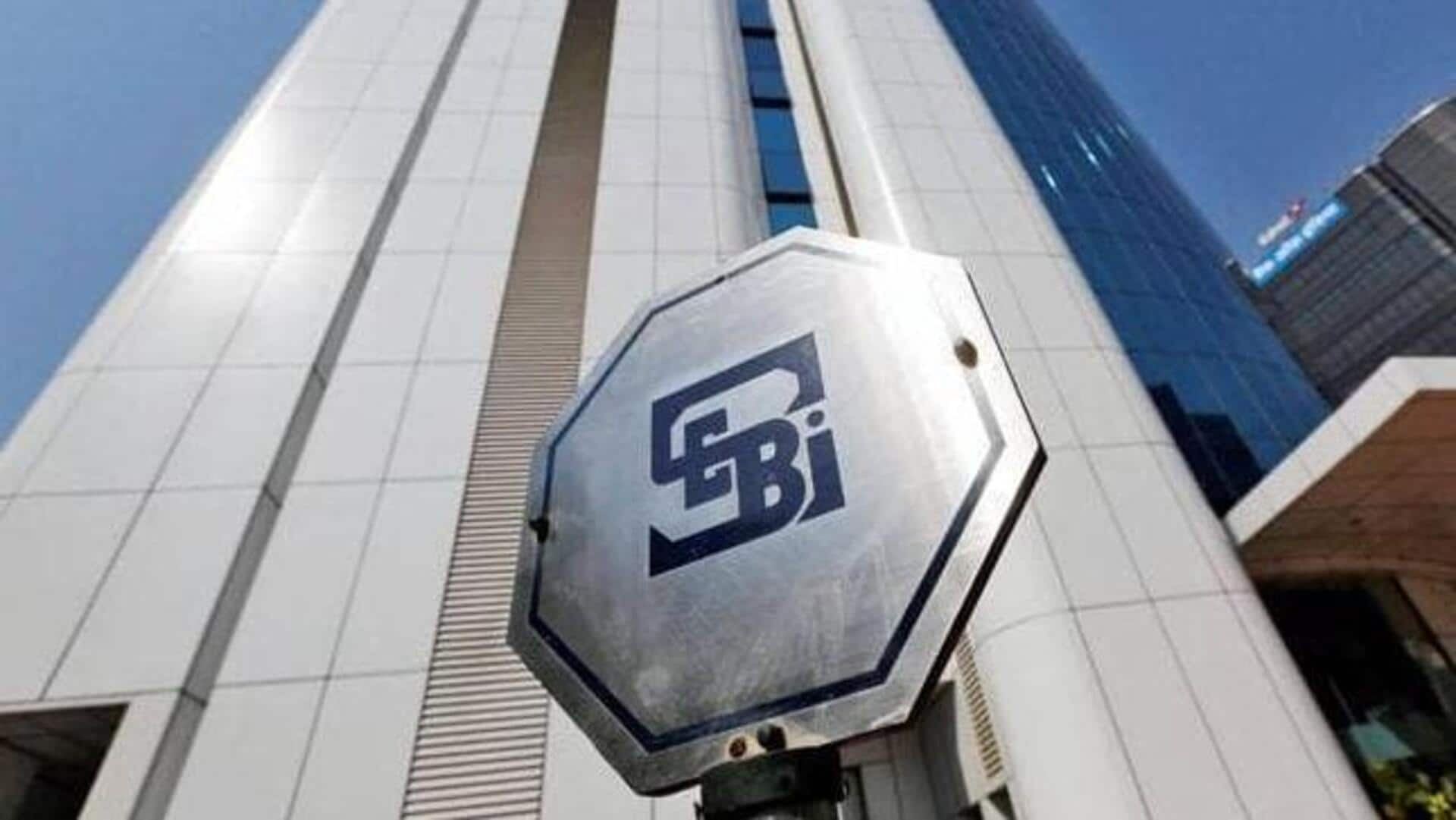
Will SEBI's new rule affect your demat account?
What's the story
The Securities and Exchange Board of India (SEBI) has proposed revisions to the rules governing Basic Services Demat Accounts (BSDA). The regulator wants to exclude delisted securities and zero-coupon, zero-principal bonds from portfolio value calculations, helping determine BSDA eligibility more accurately. The proposal is part of SEBI's broader push to enhance fairness and transparency in the securities market.
Fairness in valuation
Rationale behind excluding delisted securities
SEBI has proposed treating delisted securities on par with suspended ones when determining BSDA eligibility. The rationale behind this is that both types of securities lack active trading, transparent price discovery, and liquidity. By excluding delisted securities from BSDA valuation, SEBI aims to ensure consistency and fairness for investors whose holdings do not represent a realizable market value.
Valuation criteria
SEBI's approach to illiquid and zero-coupon bonds
For illiquid securities, SEBI has proposed using the last closing price for determining BSDA eligibility. This is in line with its approach to ensure a fair valuation process. The regulator has also suggested excluding zero-coupon, zero-principal (ZCZP) bonds issued under the social impact framework from portfolio value calculations. These bonds are non-transferable, non-tradable and don't provide any monetary return or redemption value to the holder.
Inflation concerns
Stance on ZCZP bonds and BSDA eligibility
SEBI has expressed concerns that including the value of ZCZPs in portfolio calculations could artificially inflate the portfolio value. This could potentially make an investor ineligible for BSDA, even if their holdings are otherwise eligible. The regulator has clarified that the purpose of determining BSDA eligibility is to reflect the realizable value of an investor's holdings, not to inflate it with non-tradable social impact bonds.